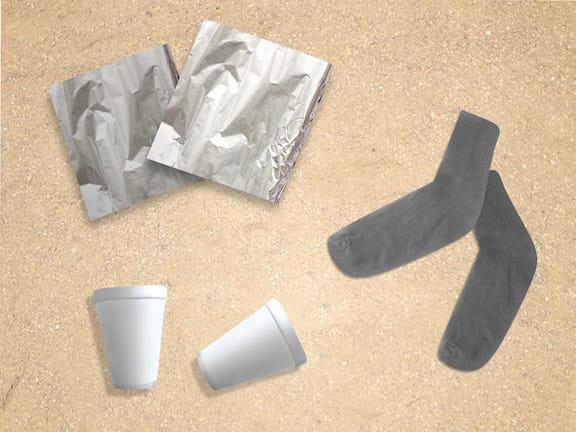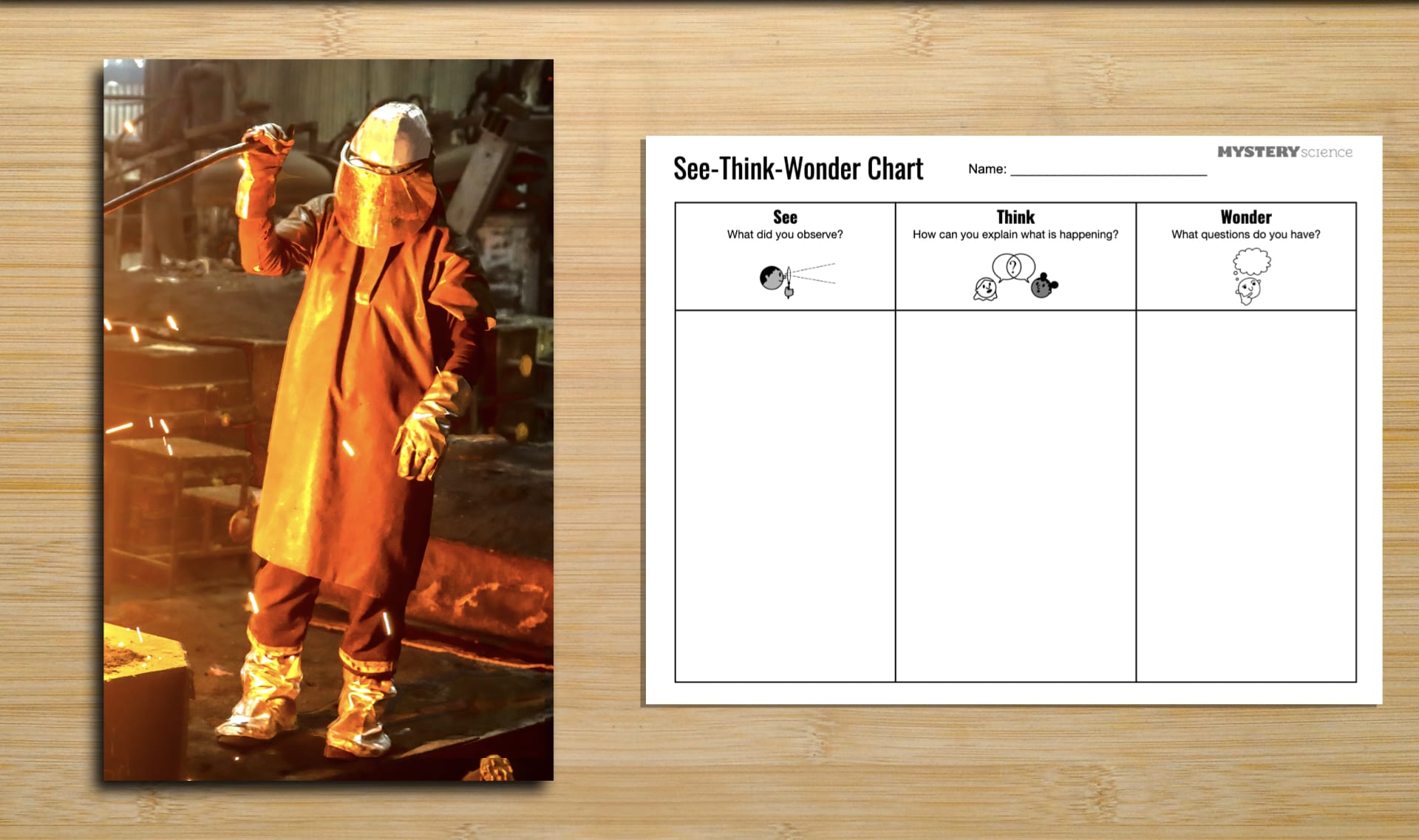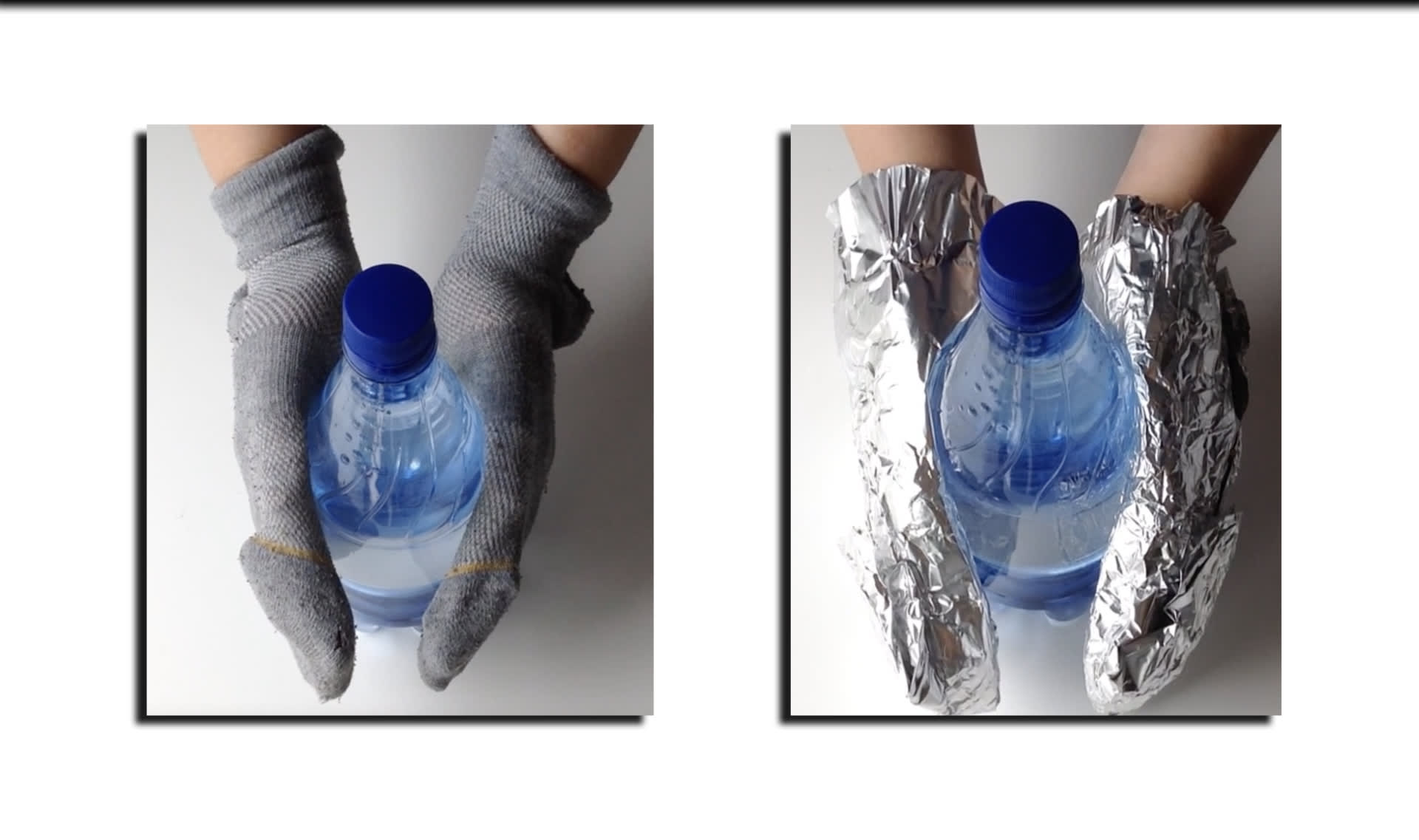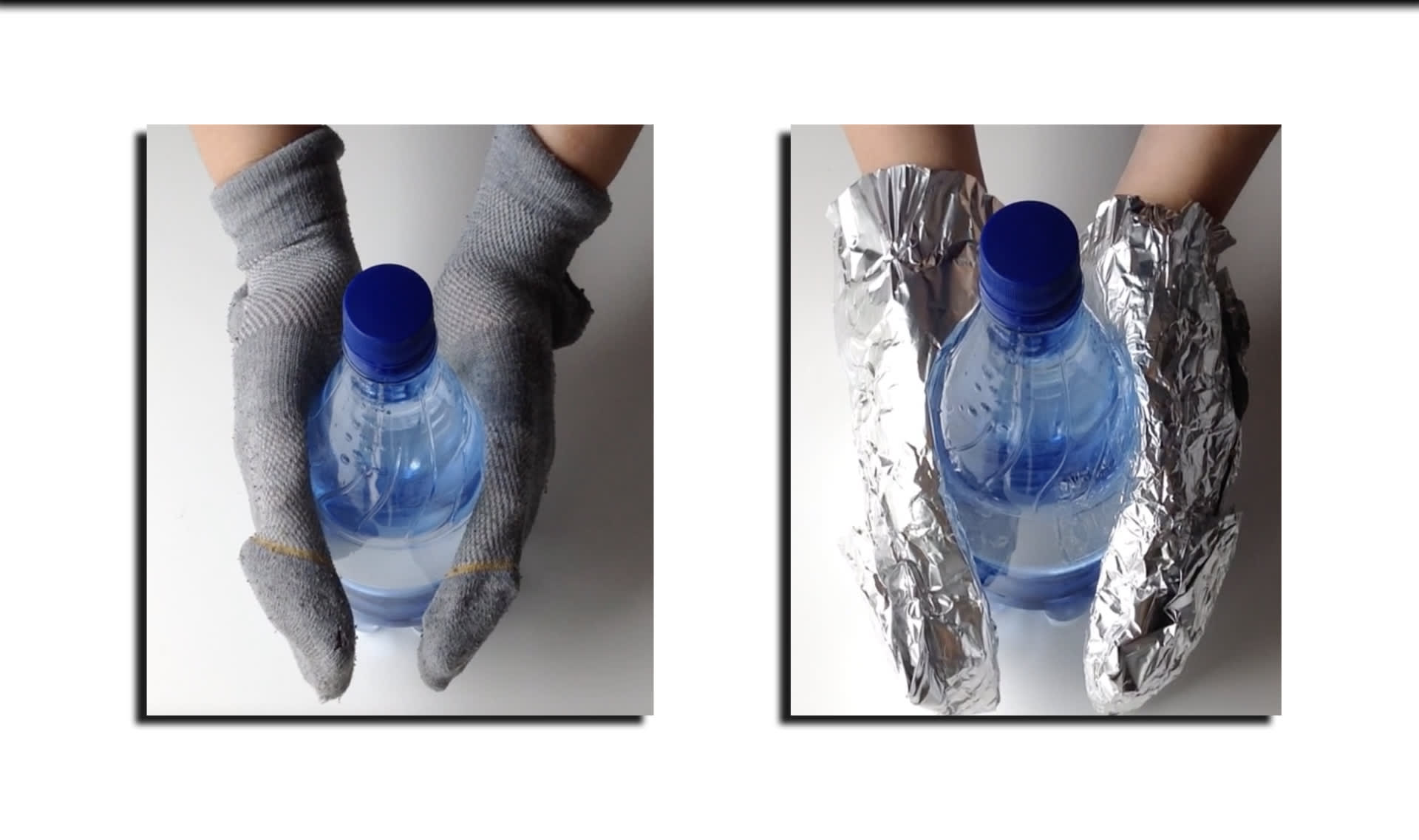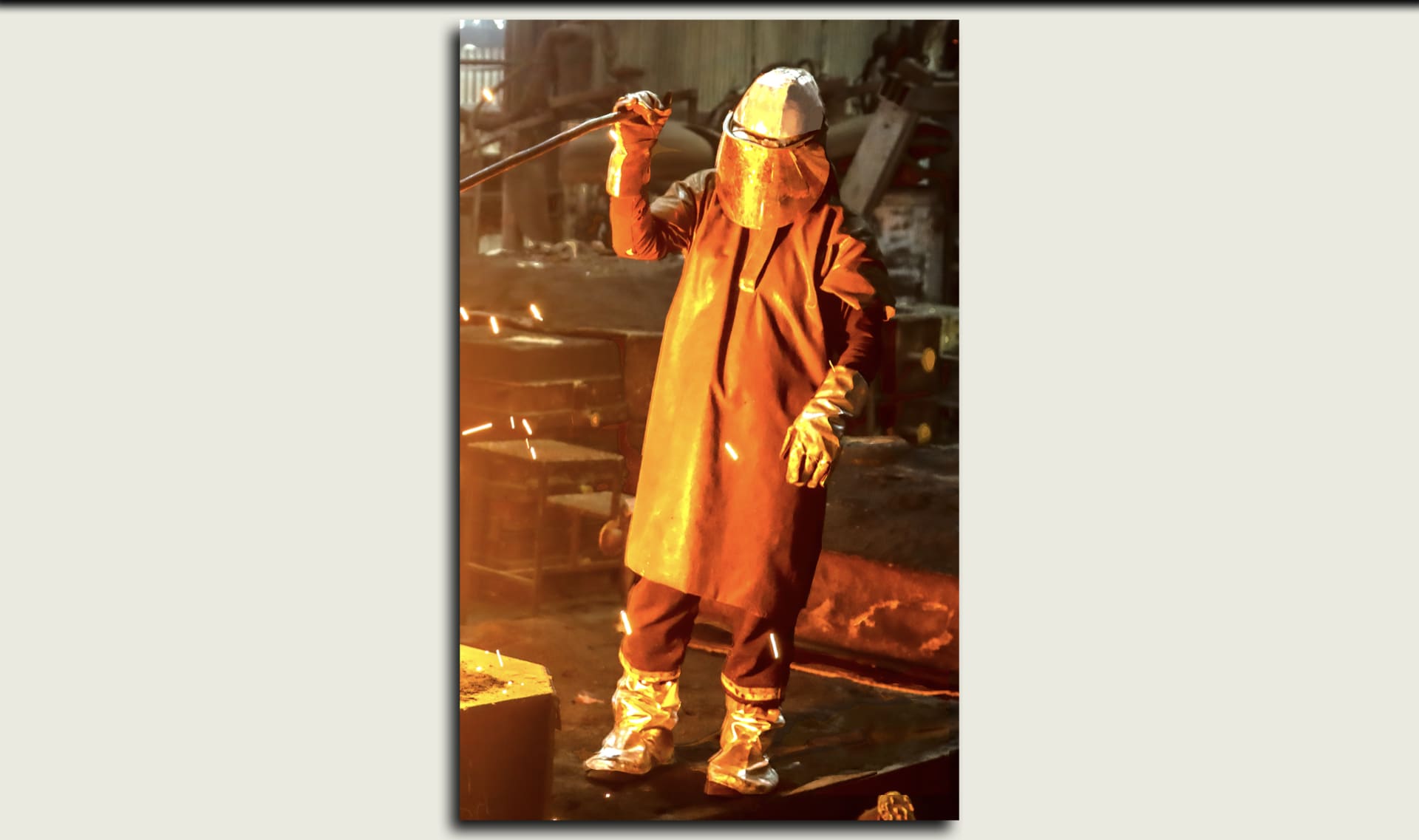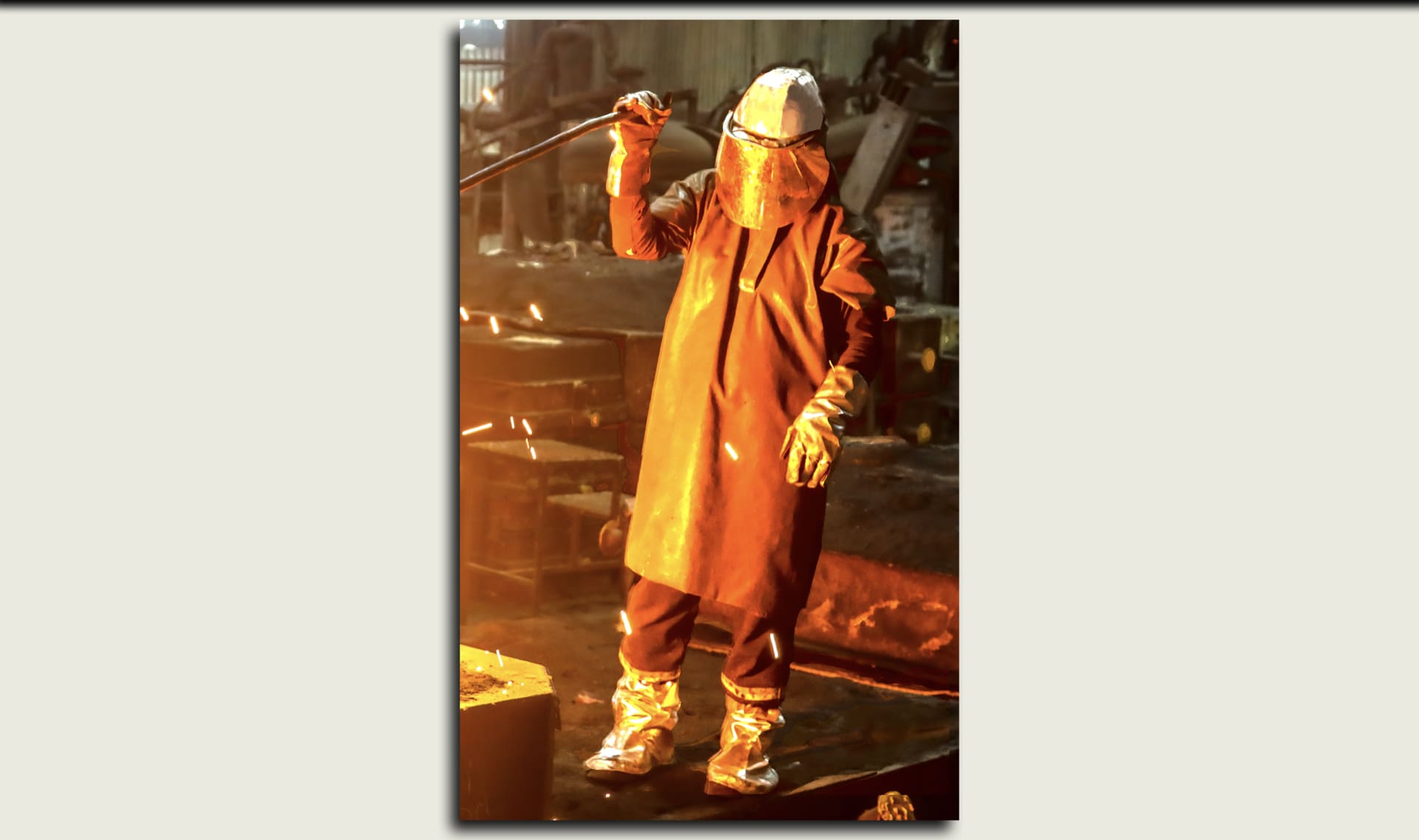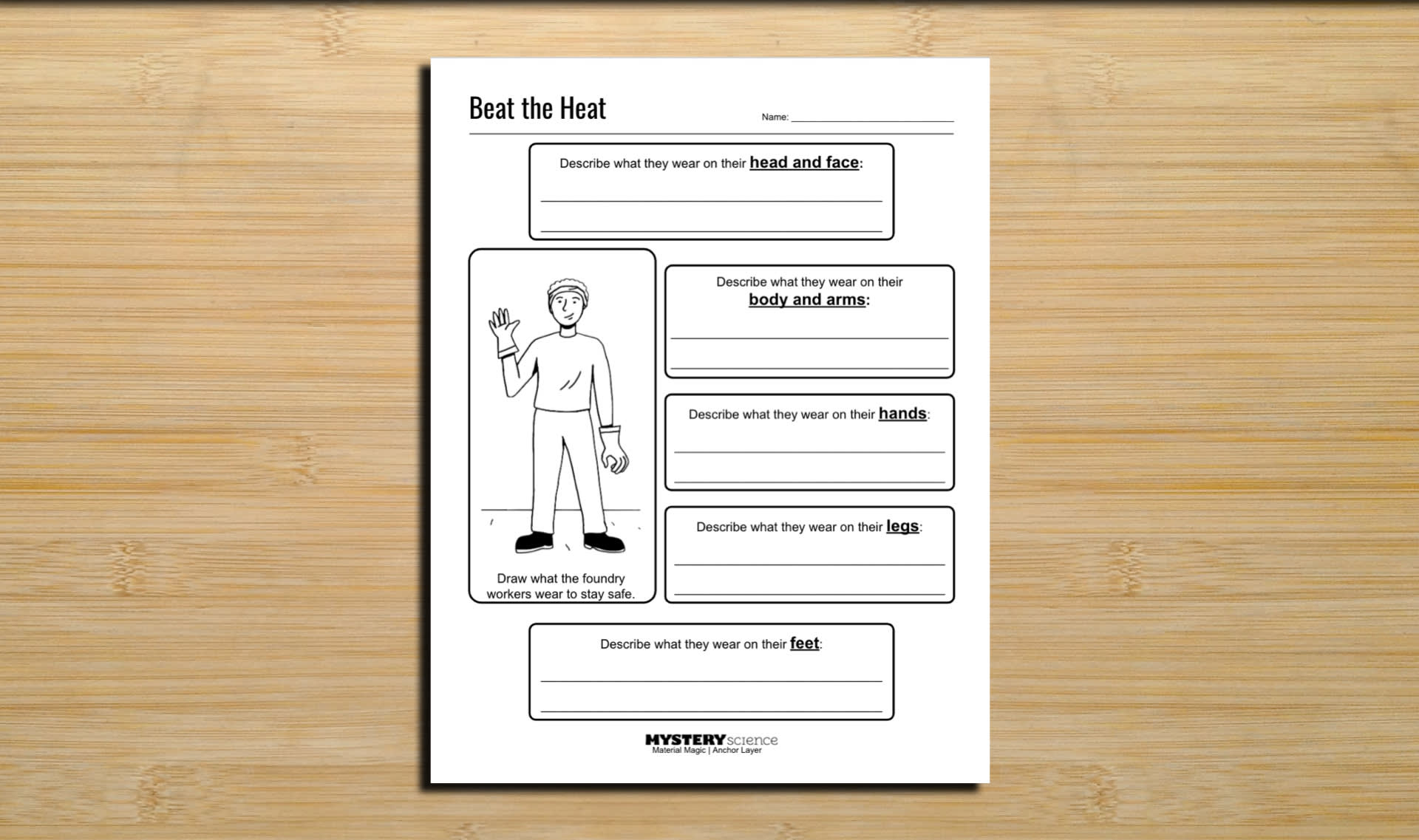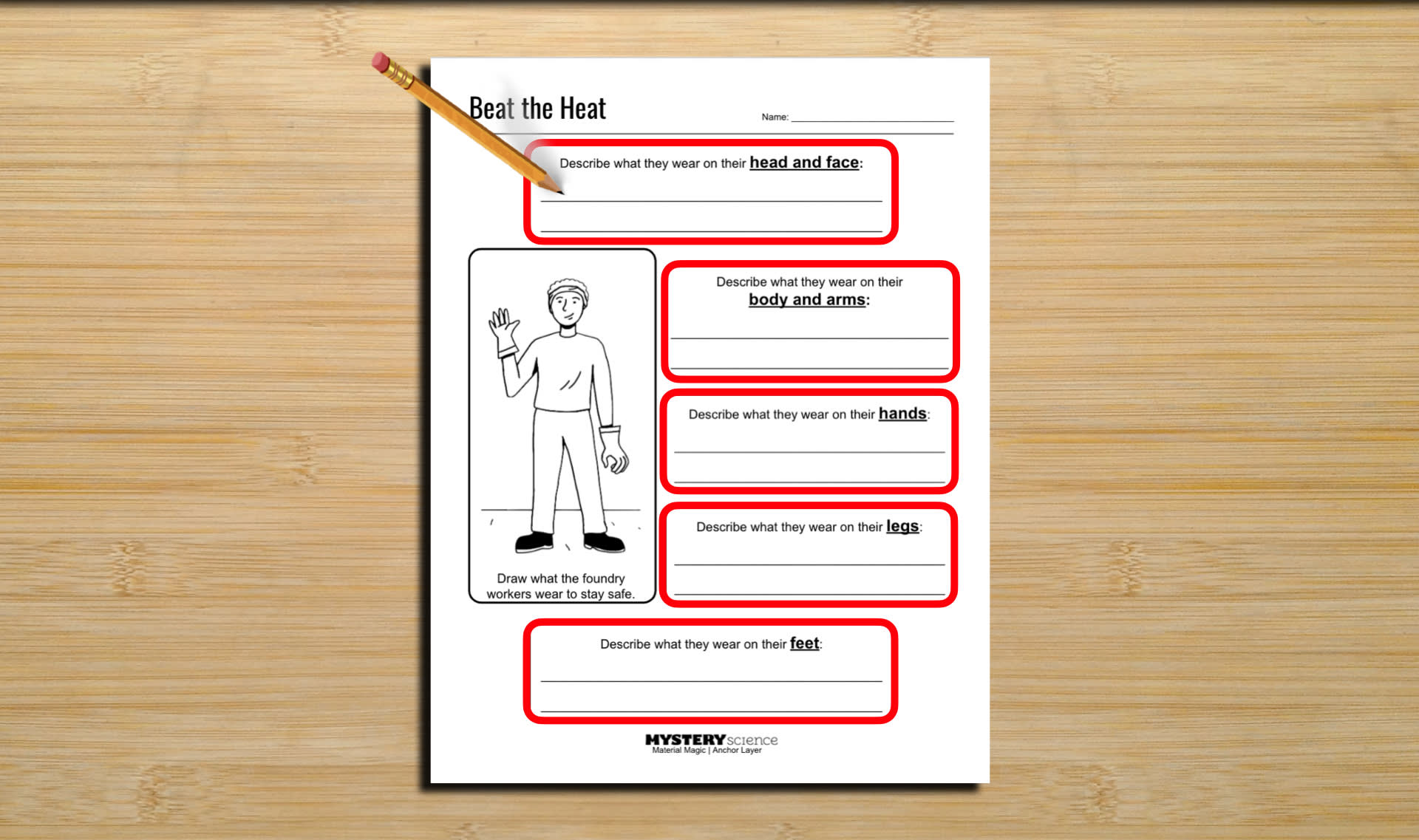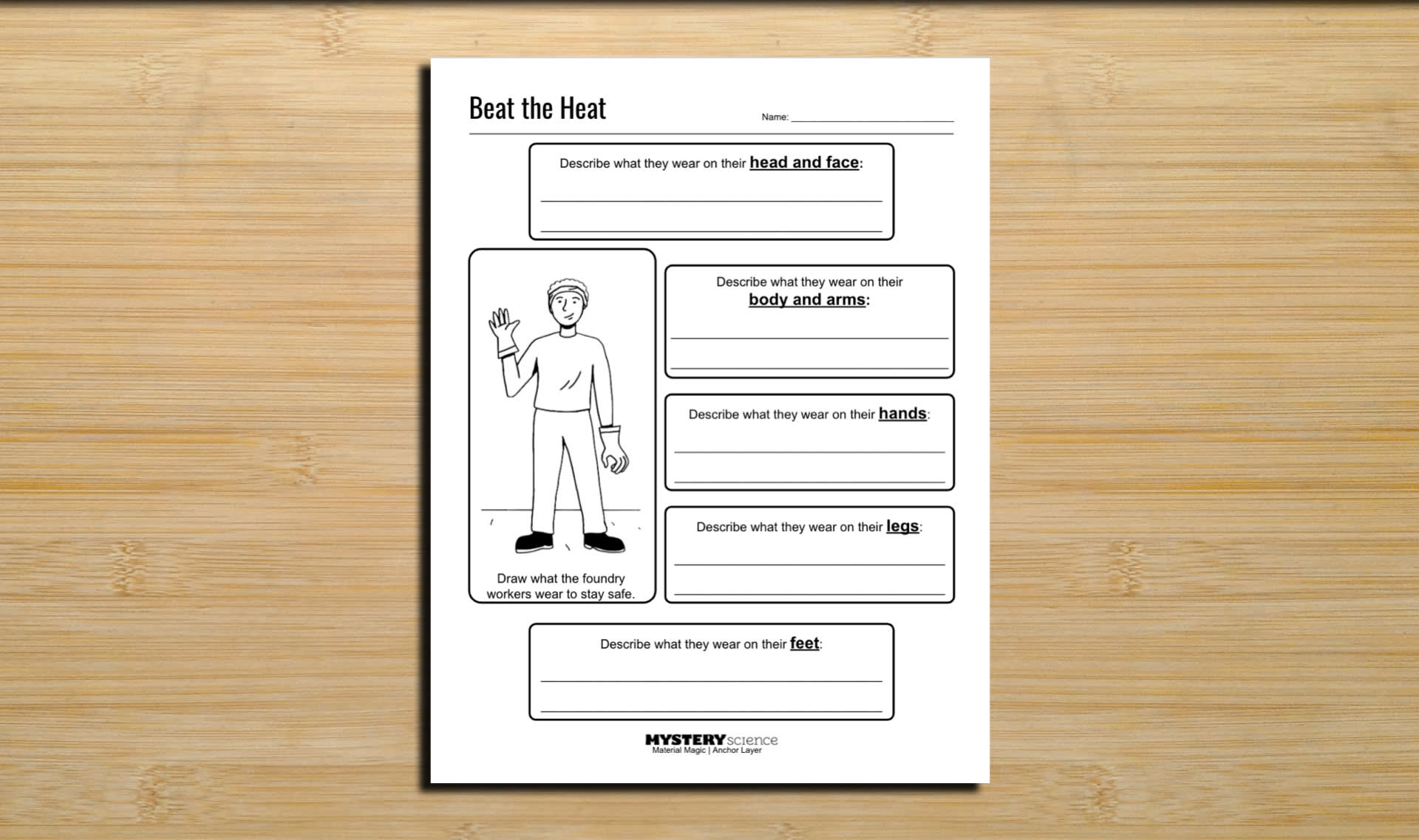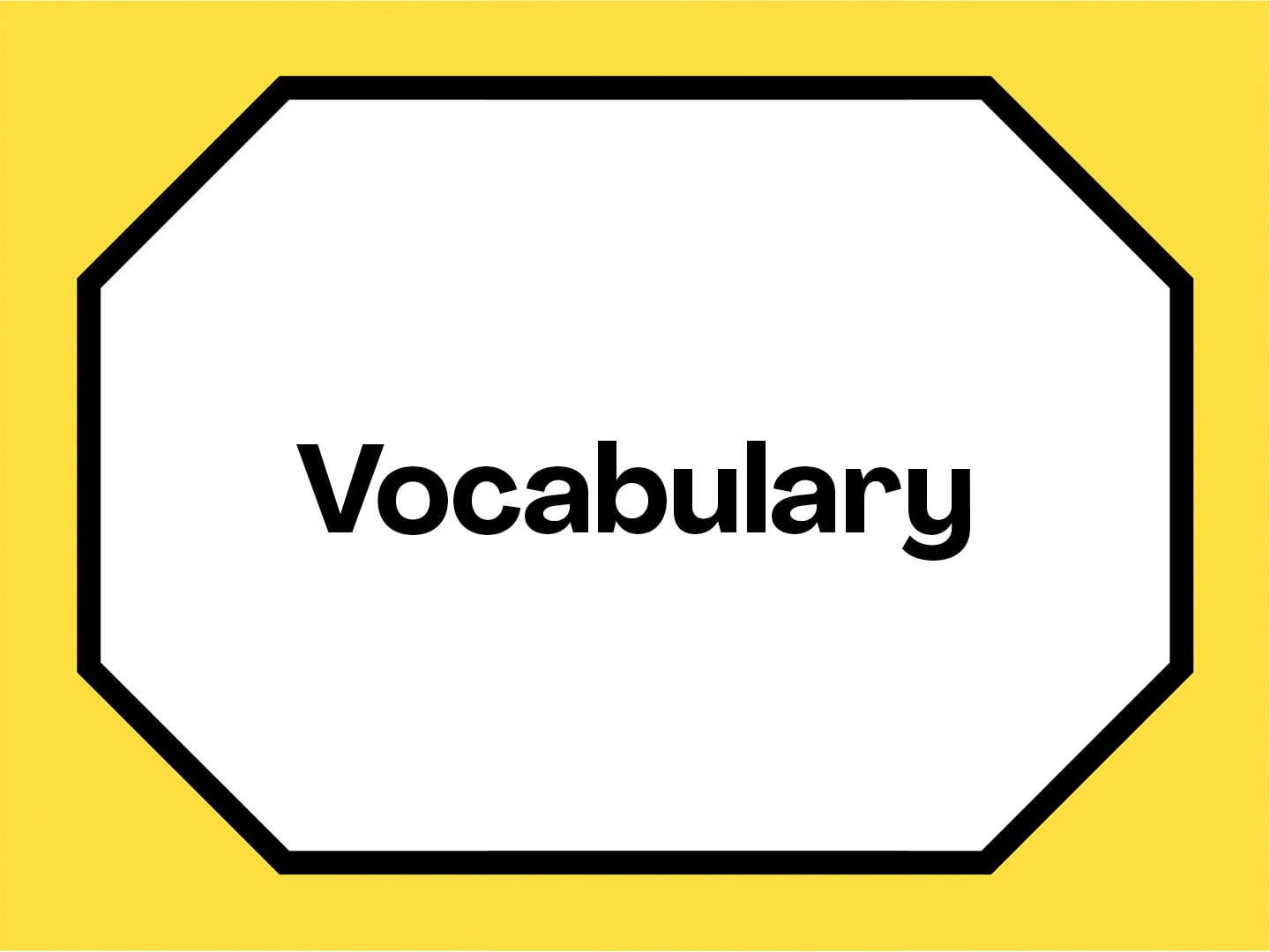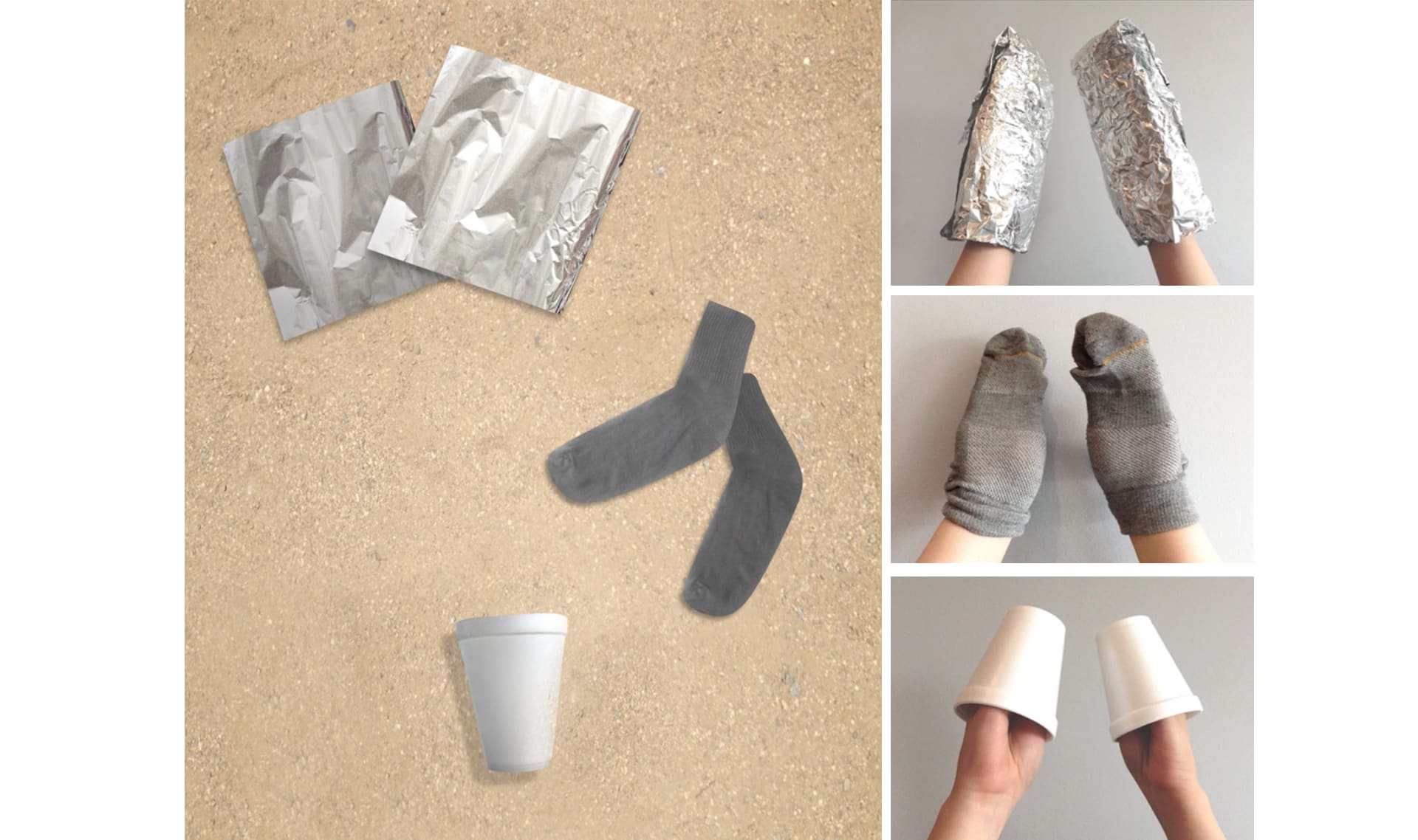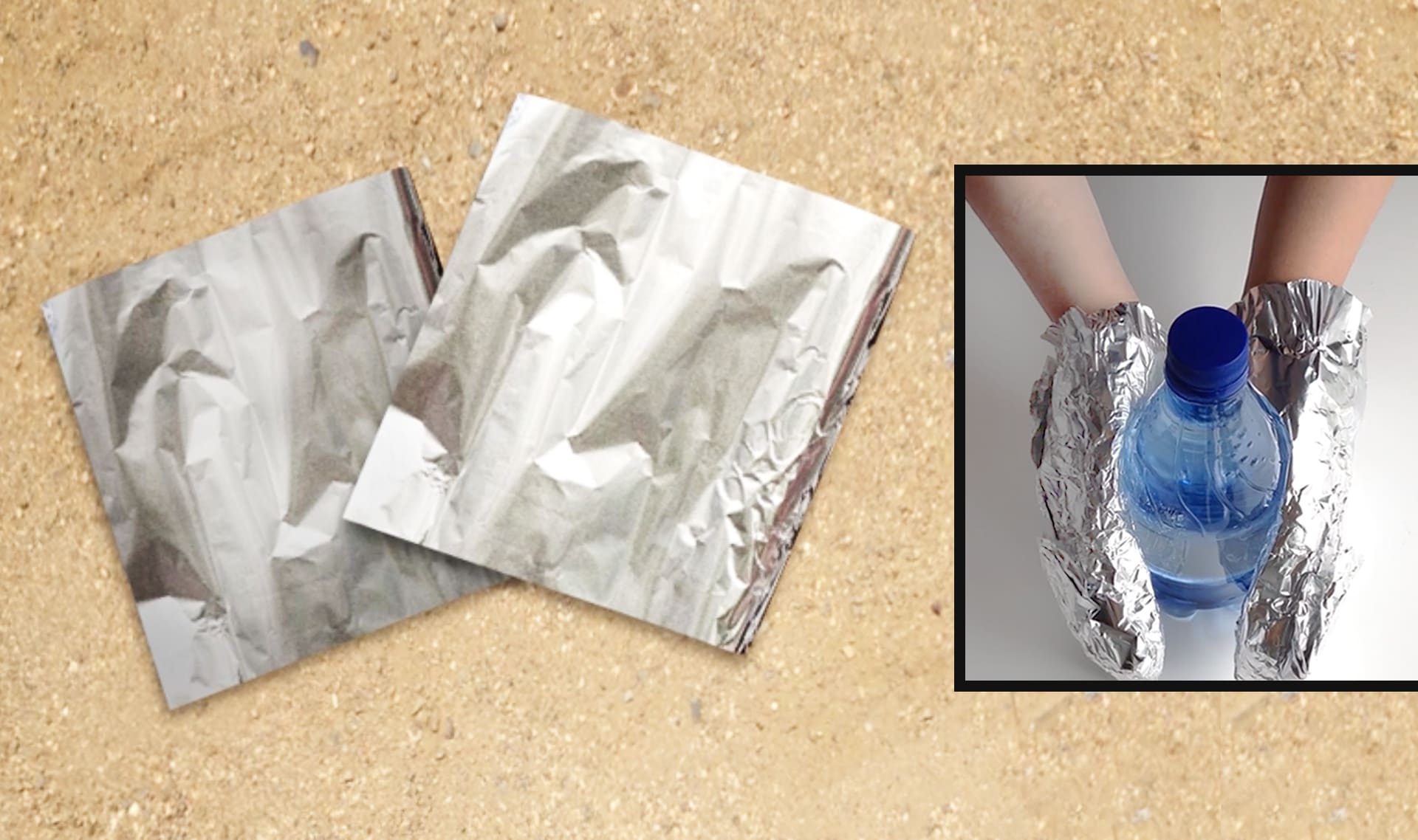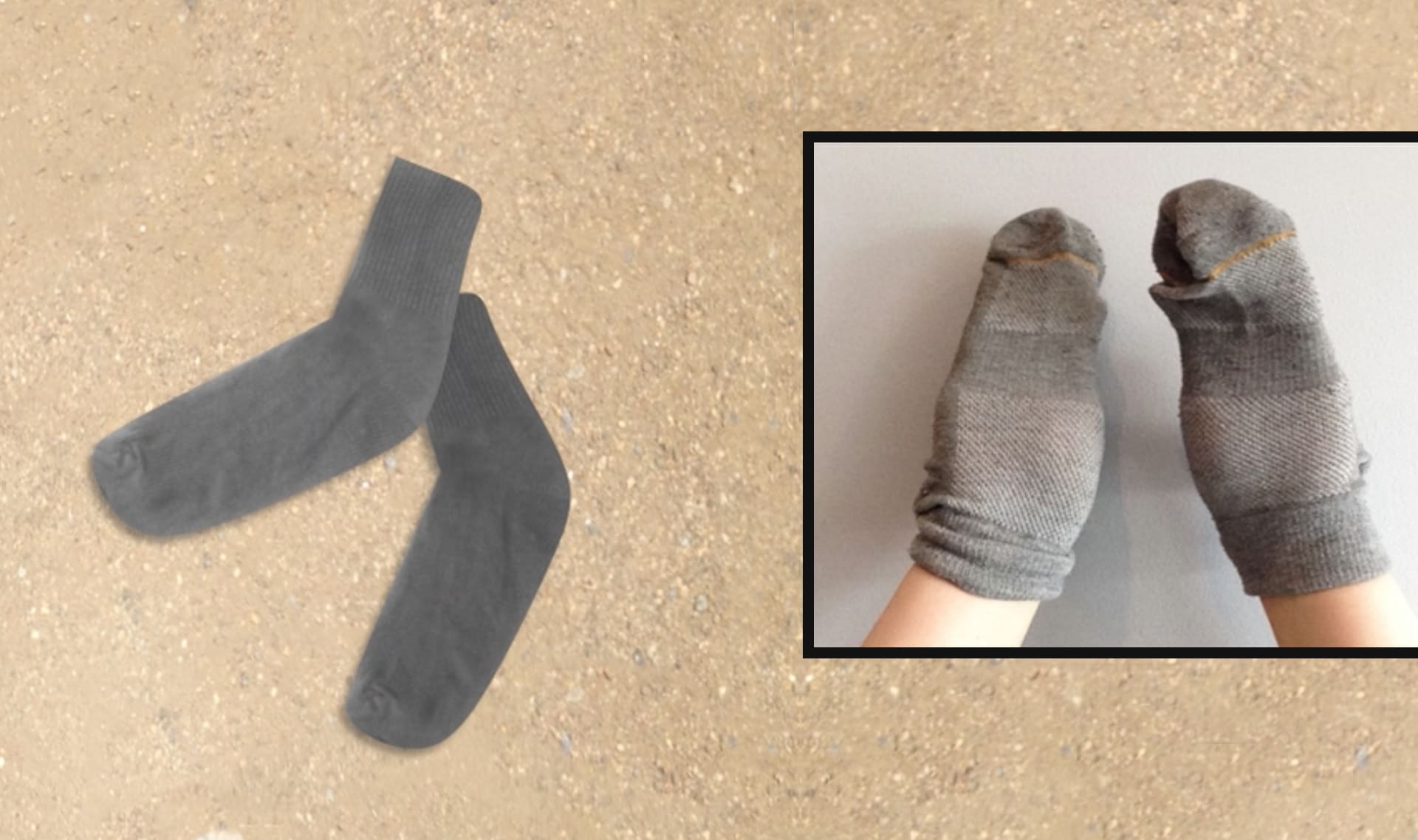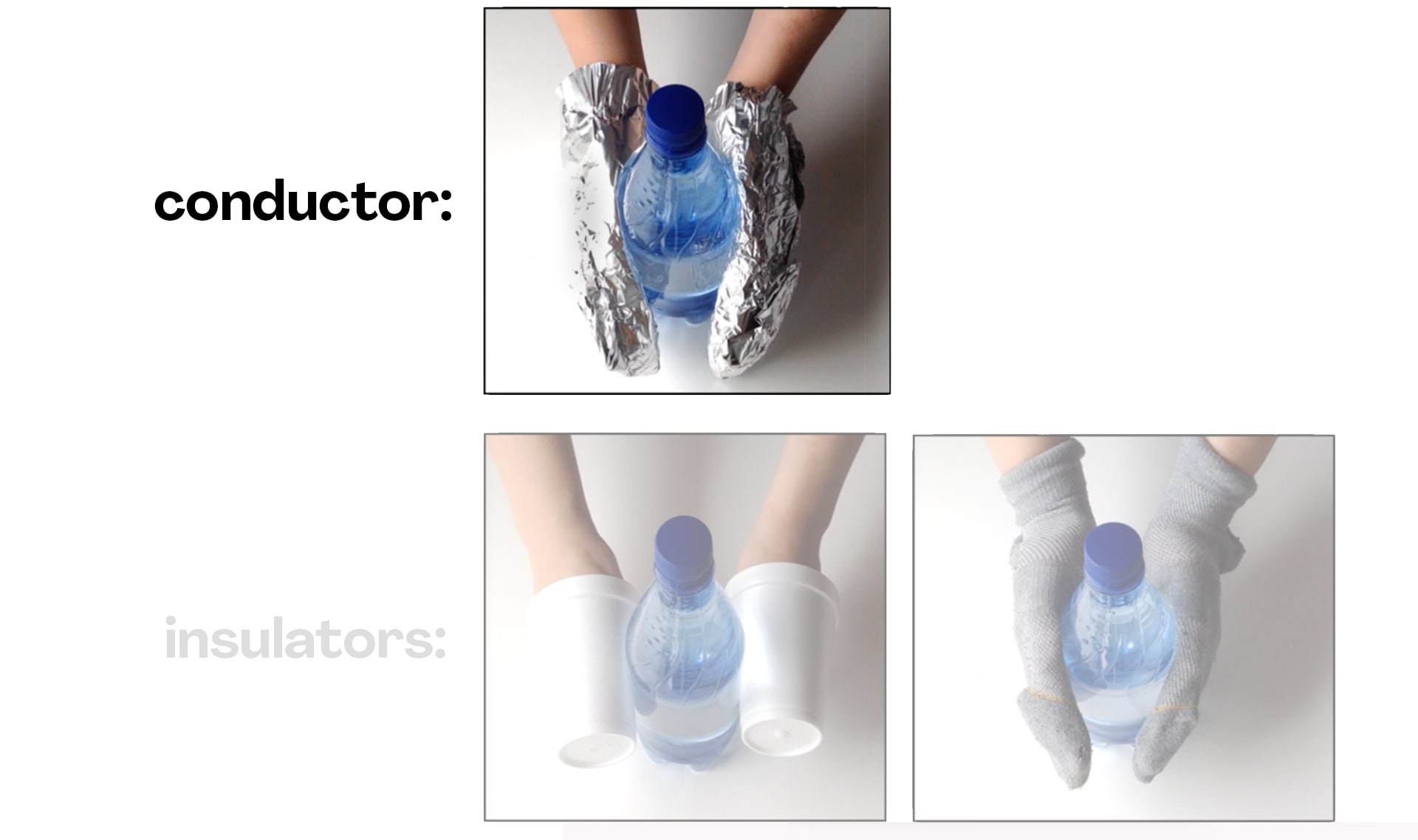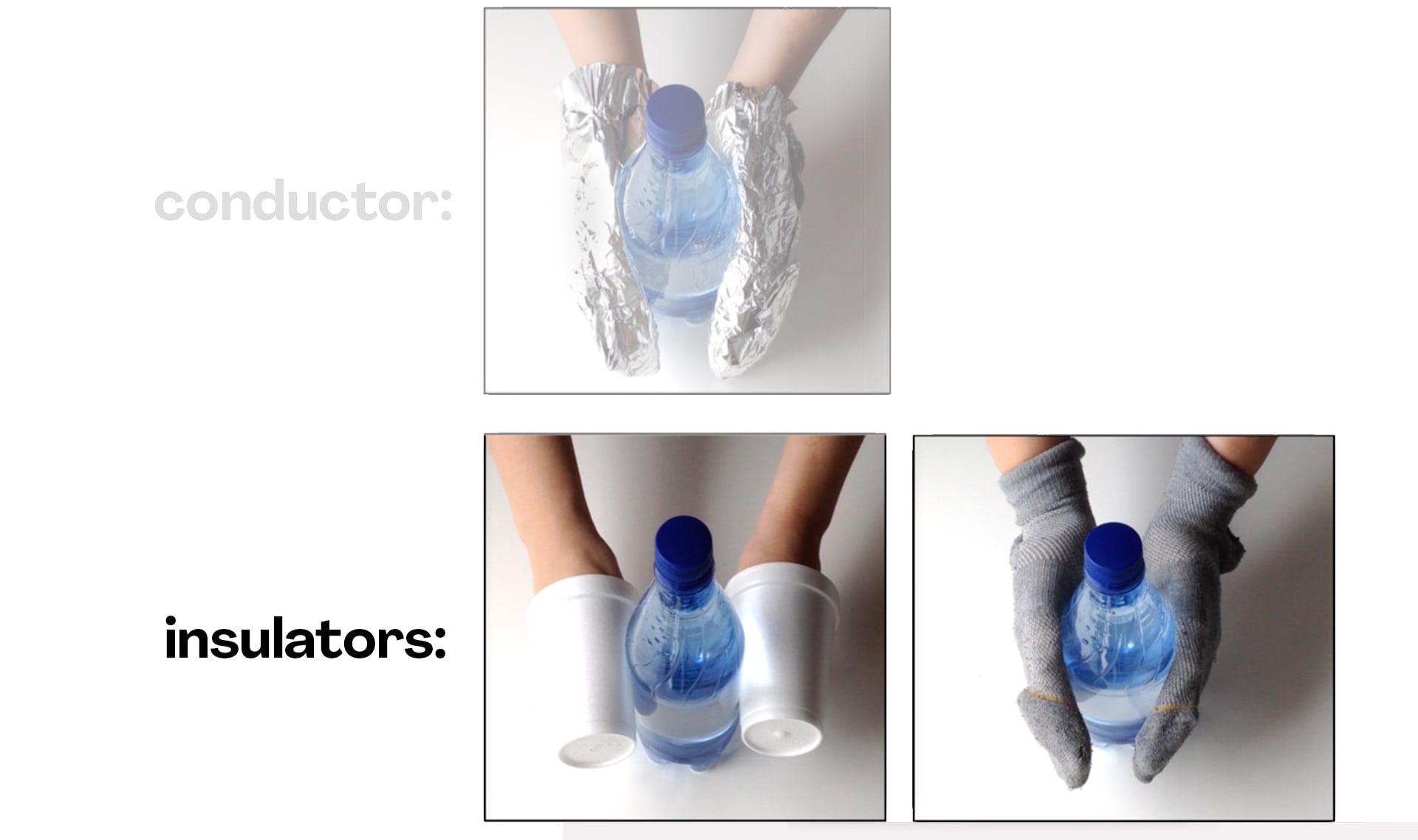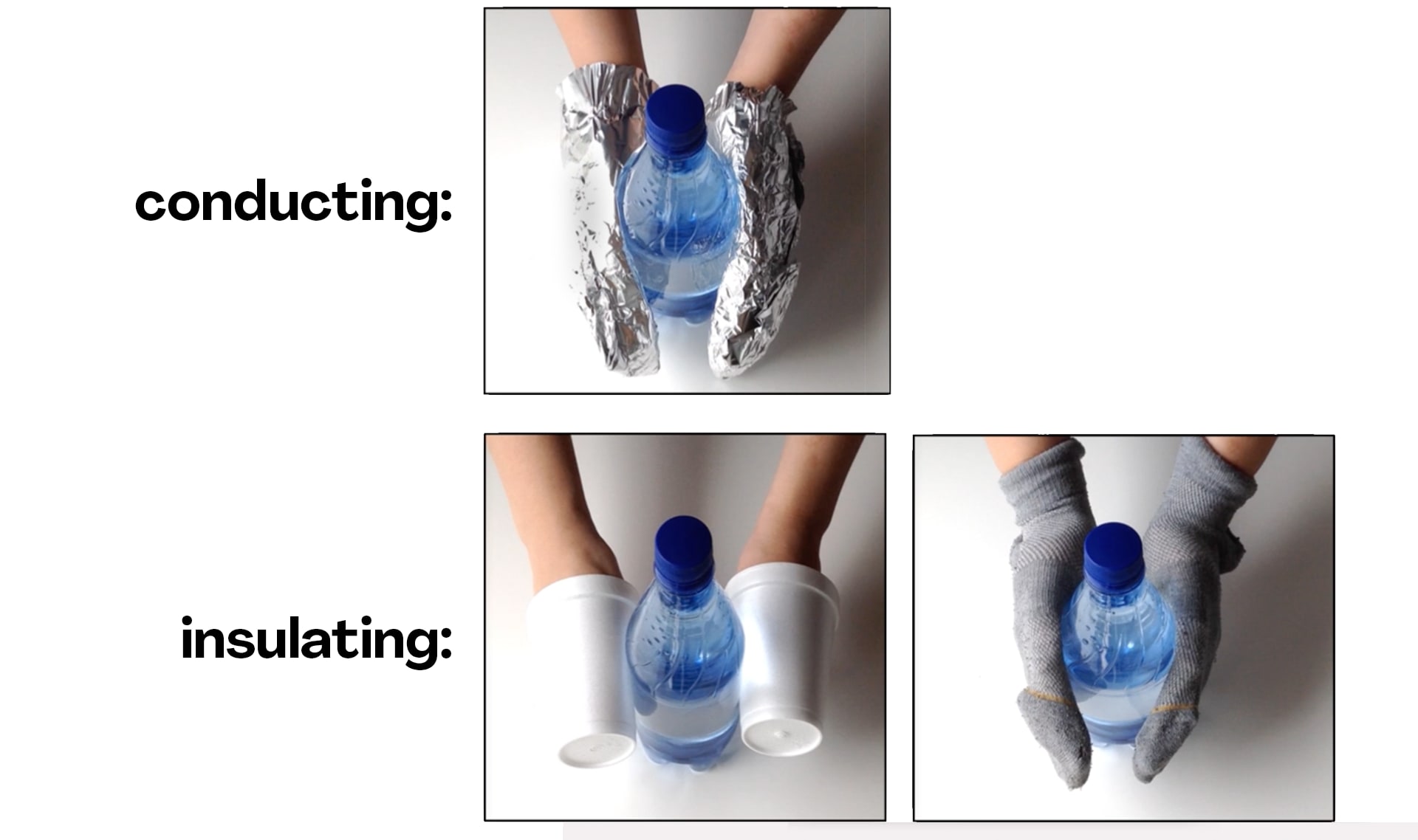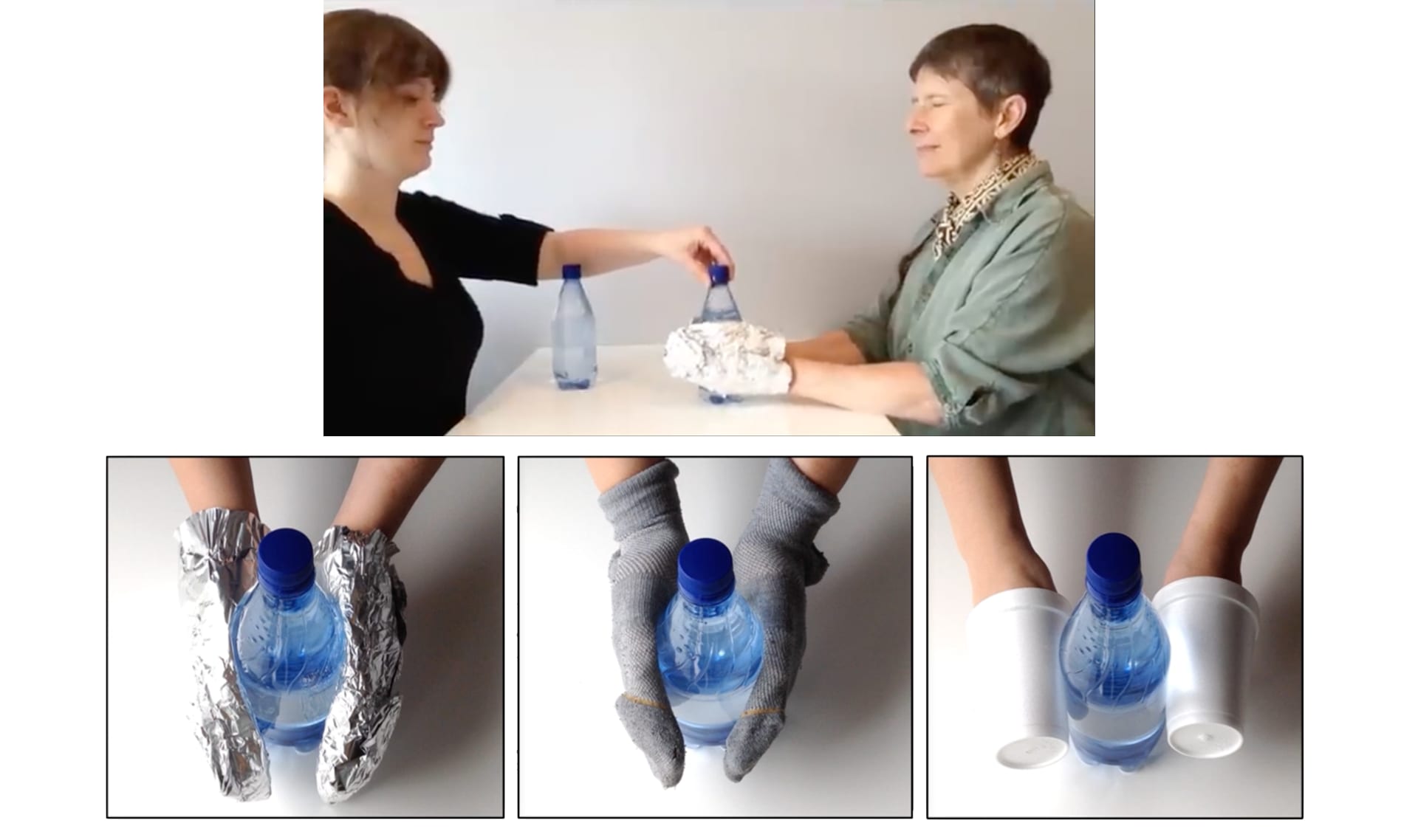Mystery Science respects the intellectual property rights of the owners of visual assets.
We make every effort to use images and videos under appropriate licenses from the owner or by
reaching out to the owner to get explicit permission. If you are the owner of a visual and
believe we are using it without permission, please
contact us—we will reply promptly and make
things right.
Exploration
island by
Christopher Michel
, used under CC BY
rooster by
DIAC images
, used under CC BY
nest by
D. Gordon E. Robertson
, used under CC BY-SA
eggs by
Mnolf
, used under CC BY-SA
palms by
Katy Warner
, used under CC BY-SA
fire by
arwen57
, used under CC BY
pan by
Juan de Vojníkov
, used under CC BY-SA
fried egg by
Helga Birna Jónasdóttir
, used under CC BY
burns by
John Stone
, used under CC BY
coffee by
Nirzar
, used under CC BY-SA
oven mitt by
Lymantria
, used under CC BY-SA
aluminium foil by
Lewis Ronald
, used under CC BY-SA
sand by
Chris Oatley
, used under CC BY
socks by
Scott Bauer
styrofoam cups by
NOAA's National Ocean Service
, used under CC BY
cast iron pan by
Douglas Paul Perkins
, used under CC BY
cookware by
Cooks Standard
, used under CC BY
Frying egg in Phoenix by
Kirk Erickson
, used under CC BY
toes by
Purpleblue
, used under CC BY-SA
Activity
seagulls by
Ruth Ellison
, used under CC BY
pencil by
Charm
Other
large fire by
tpsdave
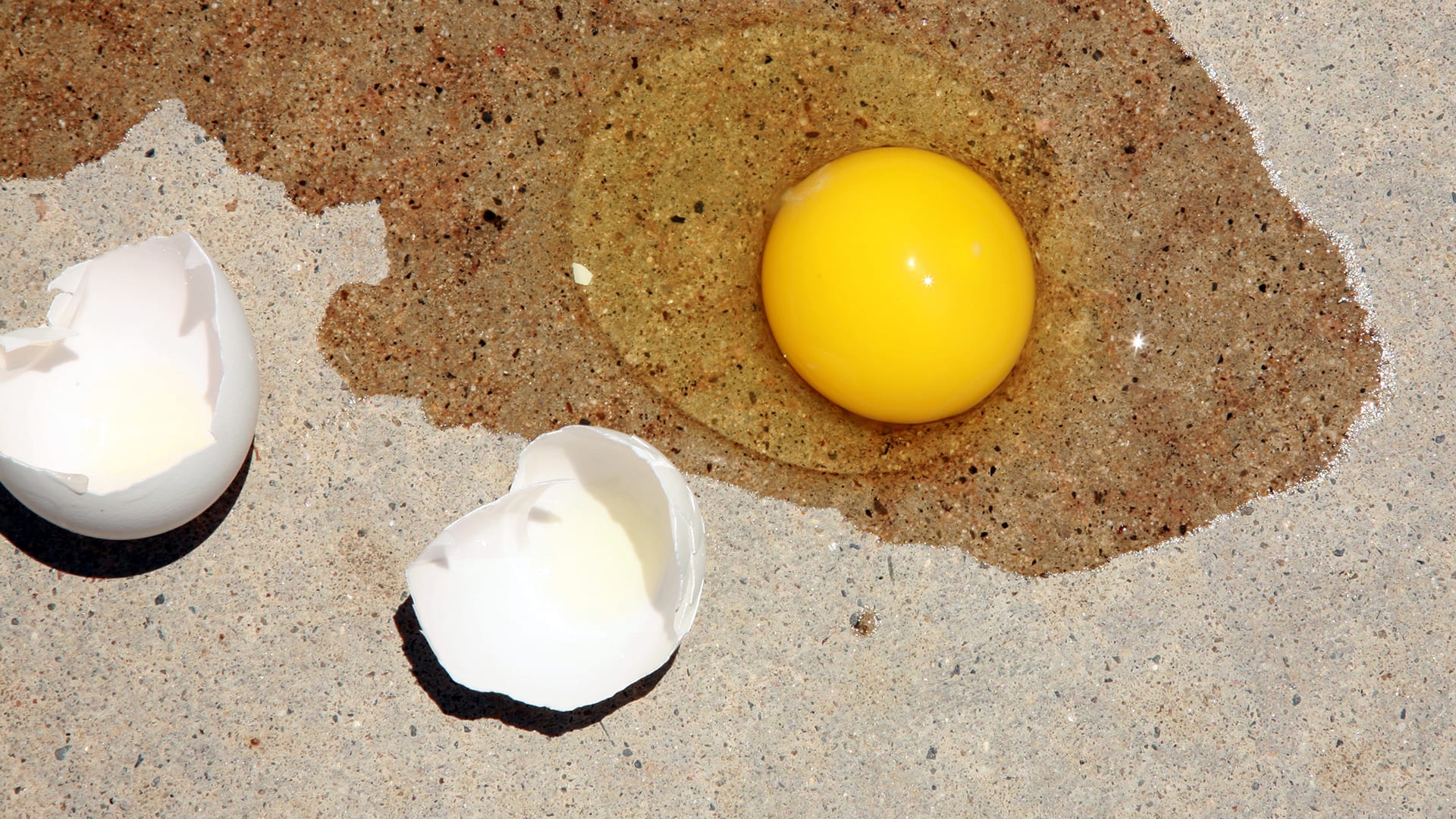

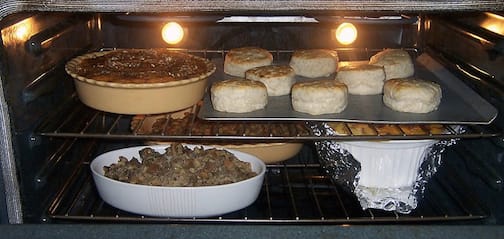
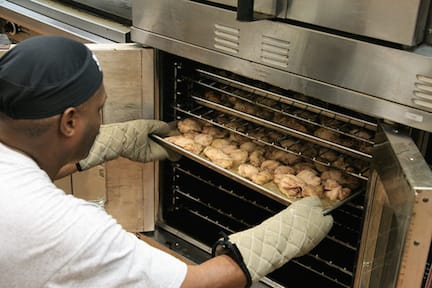 People use oven mitts or pot holders to get a hot dish out of the oven.
People use oven mitts or pot holders to get a hot dish out of the oven. What would you use to hold a cup of hot chocolate that’s too hot for your hands?
What would you use to hold a cup of hot chocolate that’s too hot for your hands?
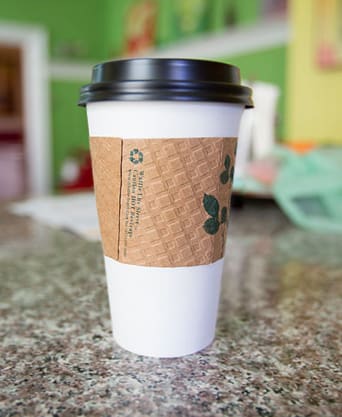 Coffee shops have cardboard sleeves that slide over the hot paper cups. The cardboard protects people’s hands from the heat.
Coffee shops have cardboard sleeves that slide over the hot paper cups. The cardboard protects people’s hands from the heat.